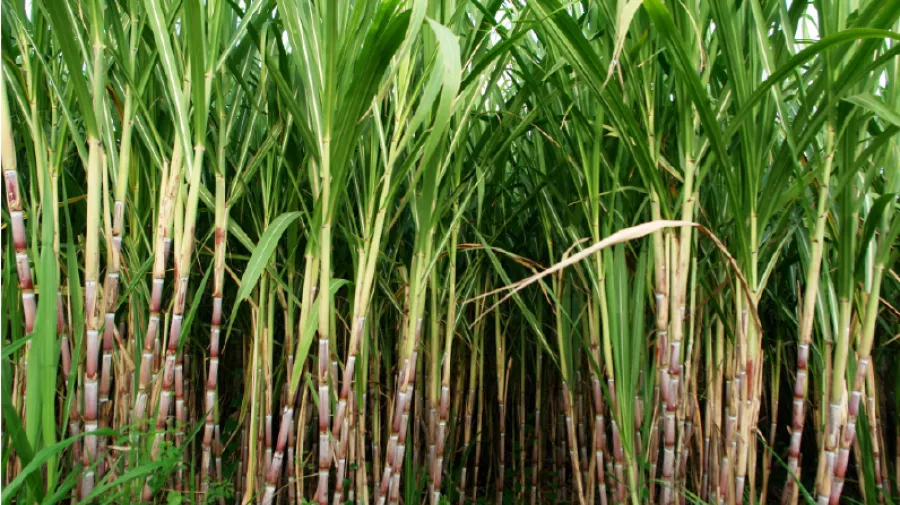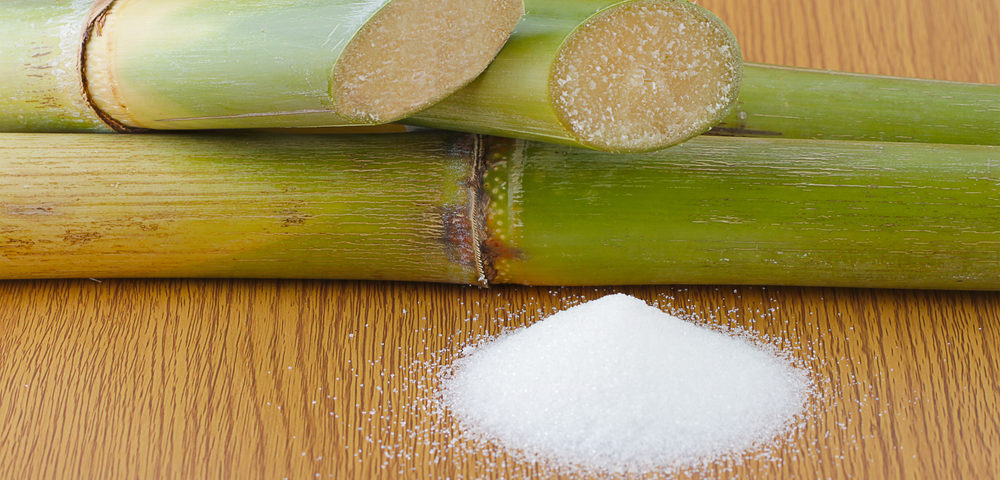Why Walking Stick Sugar Handling Chemicals Are Vital for Modern Sugar Refining
The role of walking stick sugar handling chemicals in contemporary sugar refining can not be overemphasized, as they are essential to enhancing both the performance of extraction and the total top quality of the last item. Agents such as phosphoric acid and specific flocculants are used to remove impurities, resulting in sugar that not only fulfills customer expectations yet likewise adheres to industry requirements.
Duty of Processing Chemicals
The effectiveness of walking stick sugar handling pivots considerably on the critical application of processing chemicals. These chemicals play a critical function in enhancing the performance and top quality of sugar extraction and refining. From the initial phases of juice extraction to the final filtration actions, processing chemicals assist in different vital operations.
In the extraction phase, chemicals such as phosphoric acid and calcium hydroxide are employed to maximize the information process, aiding to remove contaminations and suspended solids from the cane juice. This not just enhances the return but additionally makes sure the clearness of the end product. Additionally, representatives like flocculants help in the rapid settling of impurities, therefore enhancing the general process.
Triggered carbon and ion exchange resins offer to eliminate color and odor, ensuring that the polished sugar satisfies customer quality standards. Thus, the careful choice and application of these chemicals are crucial for accomplishing ideal results in walking cane sugar handling.
Secret Sorts Of Chemicals
Walking cane sugar processing depends on a range of key chemicals that assist in each phase of production. These chemicals play important functions in making clear, bleaching, and detoxifying the sugar drawn out from walking stick.
One main group of chemicals consists of flocculants, such as polyacrylamide, which aid in the explanation procedure by promoting the aggregation and settling of pollutants. In addition, calcium hydroxide is frequently utilized to counteract level of acidity and assist in the removal of non-sugar components.
Lightening agents, such as activated carbon and sulfur dioxide, are utilized to decolorize the syrup, causing a more clear end product. These chemicals aid eliminate shade compounds that might affect the sugar's appearance and marketability.
Furthermore, phosphoric acid acts as a pH regulatory authority during the processing stages, ensuring optimal problems for the enzymatic tasks associated with sugar removal and purification.
Various other vital representatives consist of edta (ethylenediaminetetraacetic acid), which chelates metal ions that can militarize unwanted responses, and sodium hydroxide, which aids in pH control throughout the refining procedure. Jointly, these chemicals improve effectiveness and make certain a top notch walking cane sugar product.
Advantages for Sugar Top Quality
Commonly forgotten, the usage of certain processing chemicals significantly improves the total quality of cane sugar. These chemicals play a critical duty in refining processes, guaranteeing that the final product meets strict industry standards for purity and preference.

In addition, processing chemicals assist in achieving a constant granulation and structure, which are crucial for consumer acceptance. By controlling the formation process, these chemicals ensure that the sugar crystals create consistently, bring about a more appealing product that liquifies well in various applications.
In addition, using these chemicals can boost the rack life of walking cane sugar by lessening wetness absorption and microbial development. In general, the critical application of processing chemicals is essential for supplying premium walking cane sugar that fulfills customer expectations and market demands.
Environmental Influence Factors To Consider

Moreover, the energy-intensive nature of sugar refining, worsened by chemical usage, typically leads to increased carbon exhausts. This adds to environment modification and increases concerns relating to the sustainability of current refining practices. Furthermore, the sourcing of these chemicals might involve techniques that intimidate biodiversity, such as monoculture farming, which lowers the durability of farming ecosystems.

To alleviate these effects, sugar refiners are significantly discovering lasting options and embracing ideal practices that reduce chemical usage. Implementing extensive environmental administration systems can assist ensure that the refining procedure aligns with environmental requirements and promotes biodiversity. Inevitably, a well balanced approach that focuses on both sugar high quality and ecological stewardship is important for the long-lasting practicality of the sugar sector.
Future Fads in Refining
As the sugar industry comes to grips with the ecological challenges connected with conventional refining techniques, cutting-edge methods are emerging to enhance both effectiveness and sustainability. One substantial trend is the adoption of eco-friendly chemistry principles, which prioritize making use of non-toxic, eco-friendly handling chemicals. This shift not just lessens ecological impact however also addresses customer demand for cleaner manufacturing methods.
One more appealing growth is the application of sophisticated purification innovations, such as membrane splitting up and adsorption procedures. These techniques boost the quality and top quality of the sugar while minimizing the quantity of wastewater created throughout refining. Furthermore, the integration of digital modern technologies, including IoT and AI, is changing functional effectiveness by allowing real-time tracking and predictive upkeep, hence minimizing resource waste.
Moreover, making use of spin-offs from sugar refining, such as bagasse and molasses, check out this site is obtaining traction. These materials can be exchanged biofuels or value-added products, adding to a round economic situation within the market. Collectively, these patterns signal a change i loved this towards even more lasting methods that not just improve operational performance but additionally align with global sustainability goals, ensuring the future feasibility of sugar refining.
Final Thought
Cane sugar processing chemicals are essential in modern-day sugar refining, significantly boosting the efficiency and high quality of sugar extraction. The calculated use these chemicals not only enhances the pureness and taste of the end product yet also guarantees constant condensation and structure. As the sector significantly prioritizes sustainability, the fostering of environmentally-friendly processing agents is likely to form future fads in refining, ultimately leading to higher high quality products and extended service life for customers.

Inevitably, a well balanced approach that focuses on both sugar quality and ecological stewardship is essential for the long-lasting feasibility of the sugar market.
Cane sugar handling chemicals are vital in contemporary sugar refining, dramatically enhancing the performance and high quality of sugar removal.